I first became aware of Jacqui Jay when she wrote a lovely review of Betsey, the Prequel to my Hartford Manor Series. It was a fantastic review, which she posted on Instagram, and it remains one of my favourite reviews. From then on, I took an interest in her other posts and thought her books looked interesting. I’ve now read and enjoyed two of them, with others on my reading list. As well as being a talented photographer, Jacqui has written five multi-genre books, with several others planned.
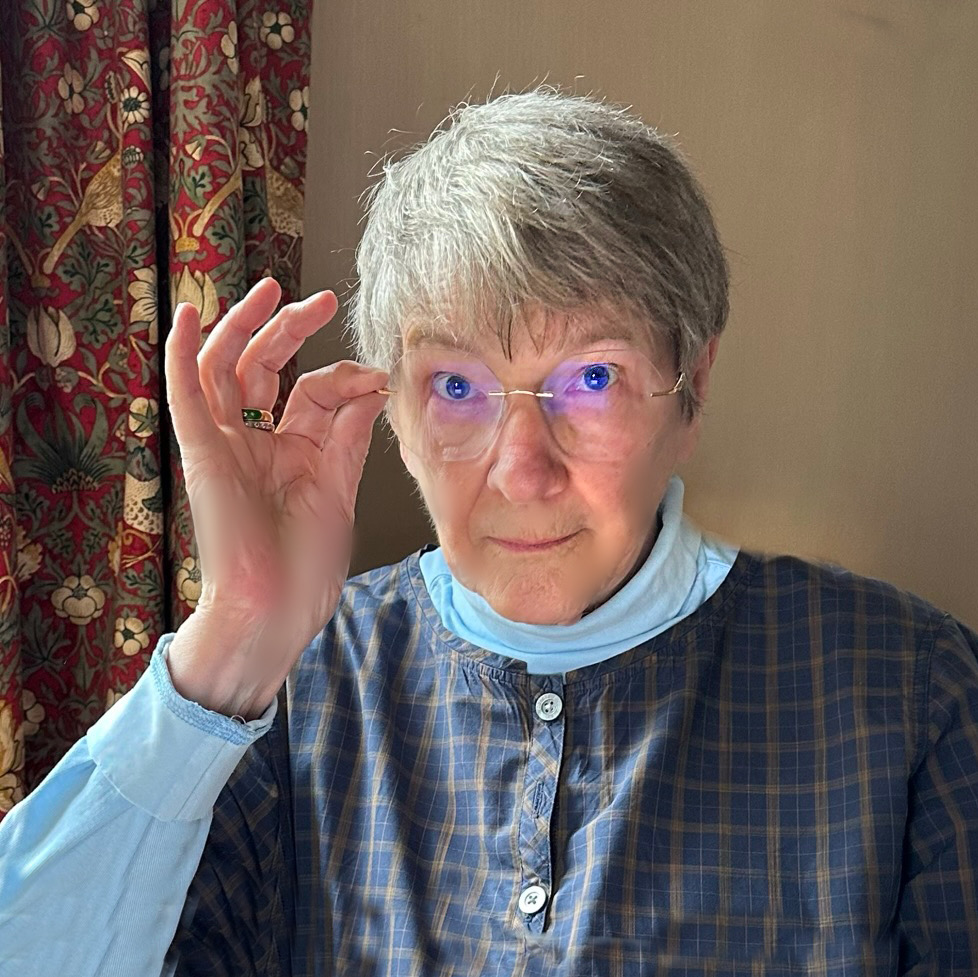
I know Jacqui’s writing career keeps her busy, and I’m delighted she’s found the time to stop and chat with me. So, without further ado, I’d like to welcome Jacqui Jay to my blog.
Good morning, Jacqui. I thought we might start by learning a bit more about you. Perhaps you could tell me about yourself.
Good morning, Marcia, and thank you for inviting me to your blog.
I was born in Northern Ireland in the 1940s, a time of high unemployment and a sinking economy. Although I gained a scholarship to grammar school and loved my time there, my parents felt that education was a waste of time for girls and removed me from school at the age of fifteen. Shortly after, my entire family relocated to England. My formal education was put on hold until I returned to studying in my thirties, gaining my first degree in English and Psychology.
An advertisement requiring the candidate to be able to cope with minor chaos caught my attention, and having interviewed successfully, I entered the world of litho print. I loved it so much that I couldn’t believe I was being paid for it! The company specialised in art catalogues, and I worked my way up to become a director in charge of the studio, where I learned about design, layout and proofreading. The highlight of my time there was when I was given the task of designing the catalogue for a prestigious Pre-Raphaelite exhibition.
I retired at the age of sixty-three and went back to university to study for a degree in Photography, ultimately becoming a Creative Photographer until I began my writing career at the age of seventy-seven.
Well done! What an amazing achievement to obtain two degrees, particularly one at the age of sixty-three when most of us are thinking of easing into retirement. To begin your writing career at seventy-seven is even more incredible. You are an inspiration to us all. I turned seventy recently and am writing my fifth book. I thought I was getting too old to be doing this – but you have made me see it differently.
What inspired you to start writing?
I don’t think there was a specific inspiration. The inclination towards writing was always a part of my life, even as a small child. When I was nine, I wrote a book called The Irish Family O’Grady. I did it in my ‘best’ writing, drew an illustration for the beginning of each chapter, and my older sister sewed the pages together.
I wonder if you still have it?
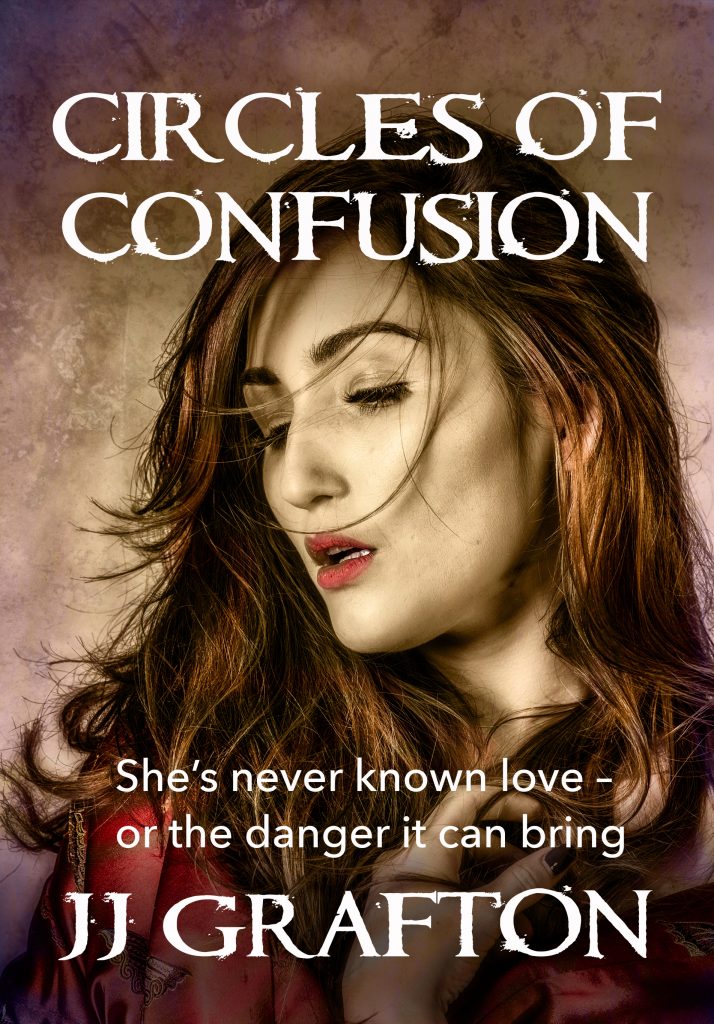
However, life took me in a different direction, and it wasn’t until I was in my forties that I began writing again. I became the editor of a monthly listings magazine published by the company I worked for and interviewed actors appearing at our local theatres before writing up articles about them.
The final nudge towards taking my writing seriously was a combination of being isolated by Covid and losing my central vision, which put paid to my career as a creative photographer.
I think the lockdowns during the Covid epidemic inspired many people to try new things to pass the time. Prior to that period of isolation, I had only written one book, and the second was languishing half-written until I felt I had the time to finish it. However, once I got started on it again, I enjoyed writing, and it encouraged me to not only finish that novel but produce one a year for the next three years.
What is your process when planning a new book? Do you plan out each chapter or just start writing and see where the story takes you?
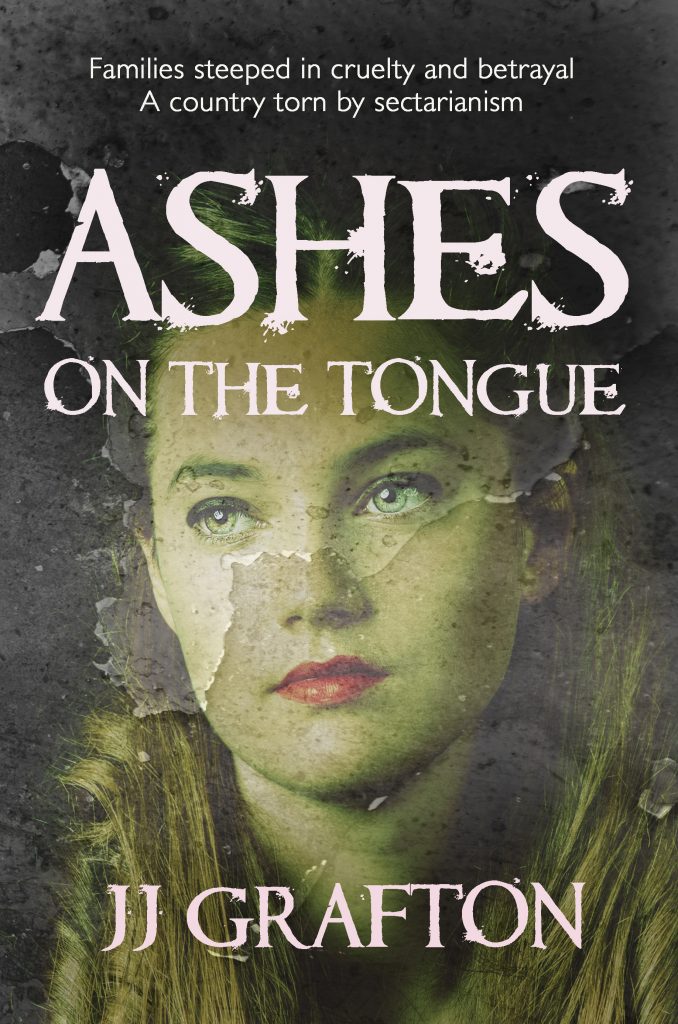
I don’t plan at all. It has been said that none of my books have any likeable characters. That’s because I believe in William Blake’s theory that everyone has a good and evil side. I like to explore the human psyche and tease out hidden depths. So I will start with a character, put them in a situation and then just run with it, seeing where it takes me. In my last novel, I knew someone was going to die in the final chapters, but I was nearly at the 70% point before I decided on who it would be.
Ah, I think you are what’s known as a “pantser” then, Jacqui. I understand that the term pantser is short for “seat of the pants” – a writer who prefers writing with little or no pre-planning. I’m the complete opposite – I’m a “plotter” – I like to plan my story and have a rough idea of each chapter before I even start to write.
Do you like reading the same type of books that you write? What is your favourite genre?
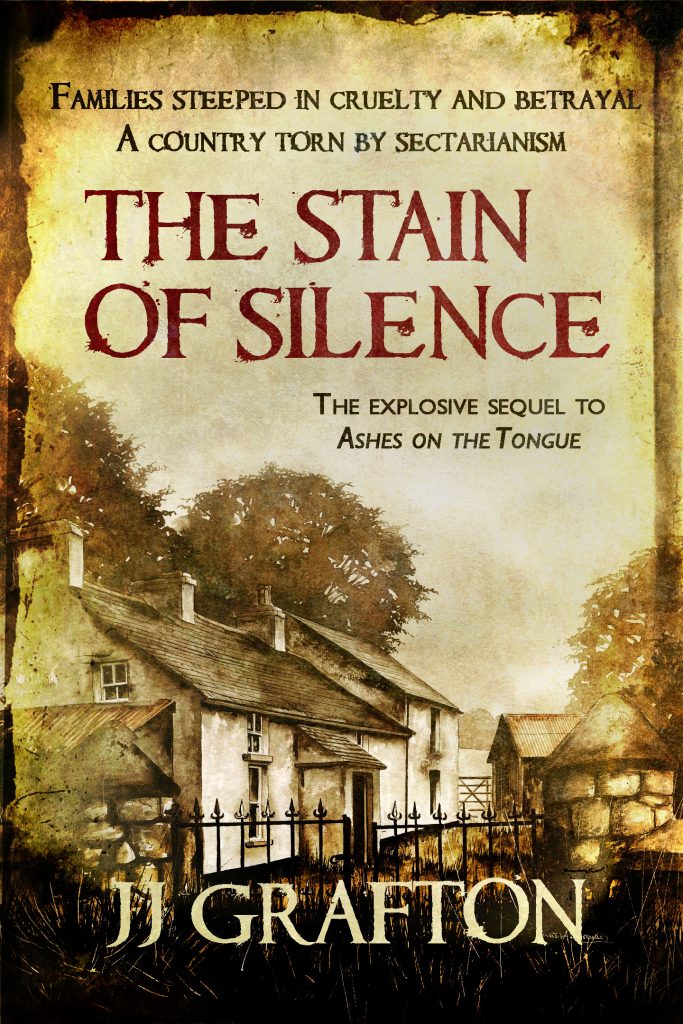
My taste in reading is fairly eclectic, probably because the small library in my hometown wasn’t very well stocked. As a child, I was an insatiable reader and read my way through all the shelves – the classics, westerns, sagas, mythology, adventure, romance, and, of course, all the great Irish writers – Shaw, Wilde, Yeats, Beckett, Heaney etc. To this day, I will read any book that takes my fancy, although I have a weakness for crime novels.
My writing reflects this, really. My first book is a domestic noir, set in contemporary Nottingham, very dark and told in the first tense. I then went back in time to the 1950s, drawing on my experiences as a young girl in Northern Ireland, and wrote two historical family saga novels. Next came a cosy mystery with an elderly female sleuth in an English country village. My recently published novel probably falls under literary fiction. It is set in the world of drag queens, very much character-driven and deals with issues of identity.
I know that the elderly female sleuth you mention is a character in Albert’s Garden, the first of your books that I read and thoroughly enjoyed. As it is described as “A Binky Earle Cosy Mystery”, I’m hoping there might be other books to come in the series.
What was the best money you ever spent as a writer?
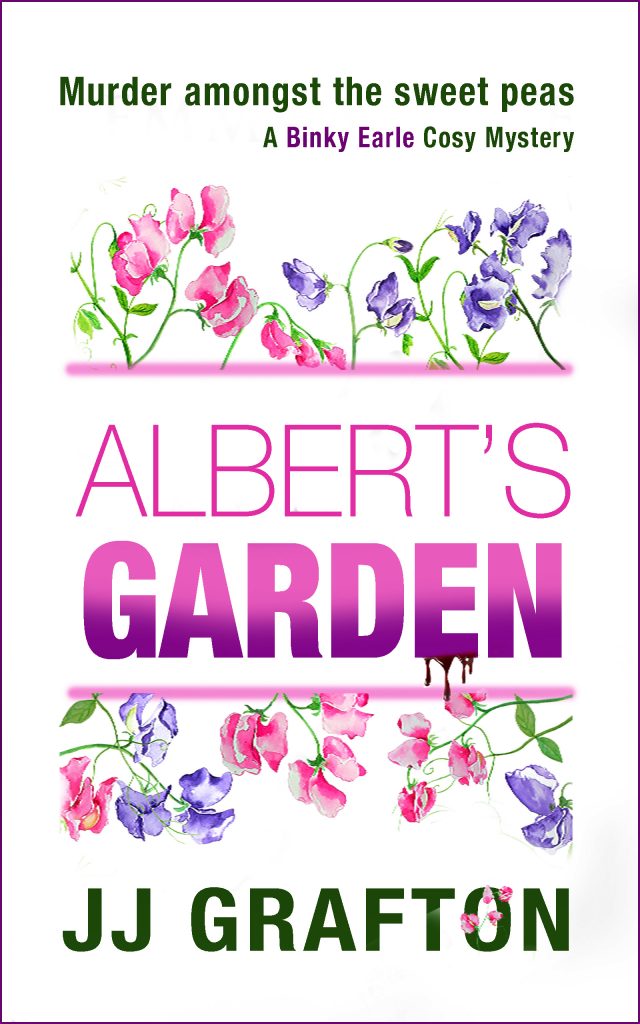
Because of my print and photographic background, I have always owned Adobe Photoshop, which I use to design my own covers. When I decided to self-publish, I added InDesign to the package as a formatting tool. As I’m primarily a visual person, I don’t only use it for formatting the final version but also as a basic writing tool so I can see how the actual book will look on the printed page. It costs me somewhere in the region of £20 a month and, although it’s a little expensive, it’s the only outlay I had initially.
I never want my writing to be a drain on finances, so when I publish each book, I begin a Facebook advertisement at a cost of £4 daily. As long as this is returning a profit, I will let it run. As soon as sales tail off to the point of breaking even, I cease the advertisement and content myself by just creating little advertisements in Photoshop and accepting lower sales. This way, I always remain in the black.
That sounds like an excellent idea and maybe one I should get to grips with. I must confess that, like many authors, I find the marketing side of writing difficult and, so far, have spent next to nothing on advertisements.
How many drafts do your books generally go through before publication?
My partner proofreads my books three times, the first time for typos, the second time for plot holes and the third time for grammatical errors. We argue a lot about the Oxford comma and my predilection for beginning sentences with ‘and’ or ‘but’. Once the book is written, however, it is only rarely I will alter any part of the story.
It’s interesting you mention your liking for the words “and” and “but”. All too often, I like to start a sentence with “now” and am far too fond of “really”. The first thing I do when I have finished writing the first draft is to search for those two words and remove many of them.
What do you like to do when you’re not writing?
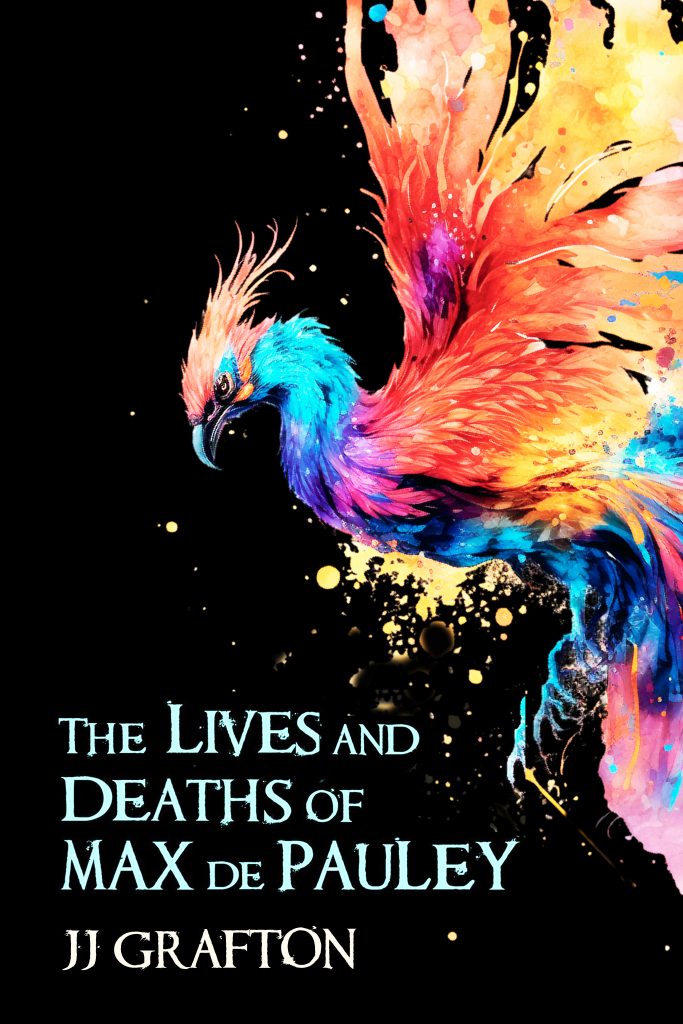
I like walking and photographing small insects on my iPhone. Until my eyesight began to fail a few years ago, I was a Creative Photographer, competing internationally and acting as a judge of competitions in British Camera Clubs. I miss those days and now have to be content with my phone. On the other hand, if I was still a photographer, I might never have become a writer, and that is a great joy to me. Every cloud, as they say …
That is such a shame, but then again, as you say, you might never have become a writer – and we would have been deprived of enjoying your books.
What was your favourite subject at school – and which was the lesson you always wanted to avoid?
Strangely enough, as I am not the most logical of people, I loved algebra and geometry. There was just something satisfying about working out the problems on rough paper and then copying them carefully into my homework book. I detested geography and still have only the haziest of ideas about where countries are on a map. In primary school, we were taught the rivers of Great Britain, starting with the Tweed, the Coquet, the Tyne, the Wear etc. I could never understand why we weren’t taught the rivers of Ireland.
My favourite subjects were biology and history – and I never understood why we spent so long on the Stone Age and the Bronze Age etc., and never heard anything about modern, and more relevant, history.
Describe your ideal menu – and where would you like to eat it?
As a diabetic, I control my sugar levels with a fairly strict low-carb, high-fat diet, but, as you said, ideal, I’ll go for freshly caught fish with chips, lots of salt and vinegar, eaten somewhere on the west coast of Ireland, maybe Galway Bay or the Cliffs of Moher. And then I’d walk for miles, even in the mist and rain, in the country that is so close to my heart.
If you could meet one person from history, who would it be – and why?
That’s a hard one. Maybe Claude Cahun, the French writer and surrealist photographer. She lived in Jersey, and she and her partner were sentenced to be executed by the Germans for their resistance work. The sentence was never carried out, but she lived her whole life with the shadow of death hanging over her. I’m a great admirer of her work.
As a multi-genre author, what direction do you see your work going in next?
Something Lovecraftian, I think, after I finish the two sequels I’m doing for existing novels. He was the forefather of horror and remains unique and original to this day. I’d like to emulate his style of writing. Also, I’ve always been drawn to the idea of writing modern interpretations of mythology and fairy tales. One of my favourite Irish legends is The Children of Lir, and I’ve begun to make a few tentative notes centred around that. The wonderful thing about writing is that the possibilities are endless.
Thank you so much for chatting with me today, Jacqui, I’ve enjoyed our conversation. Readers, if you would like to find out more about Jacqui and her books, you can follow her here:
Social media links
Website: https://irises.uk/
Facebook: https://www.facebook.com/jjg1690/
Twitter (X): https://twitter.com/jacqui_iris
Instagram: https://www.instagram.com/jacquiiris/
0 Comments